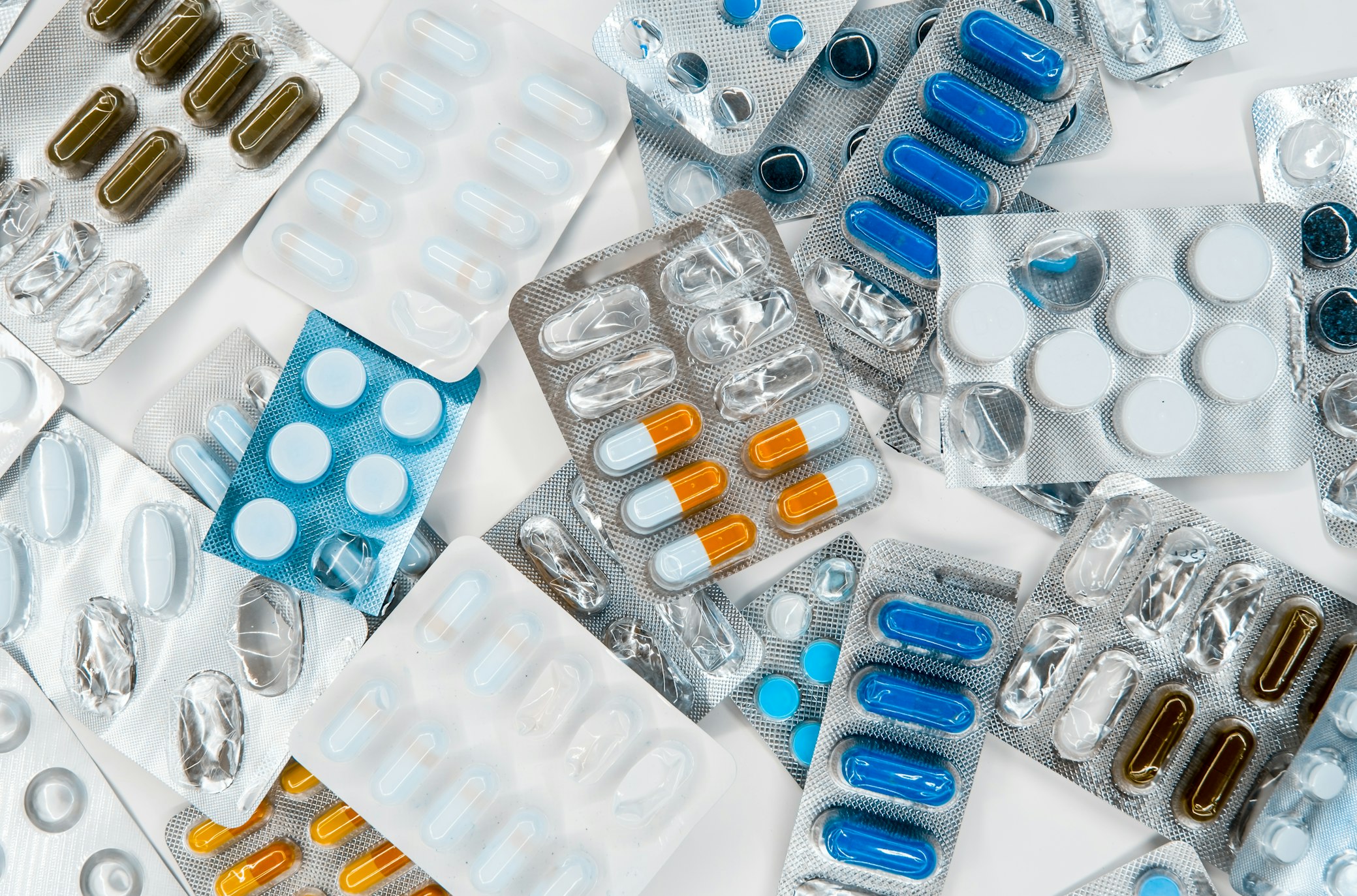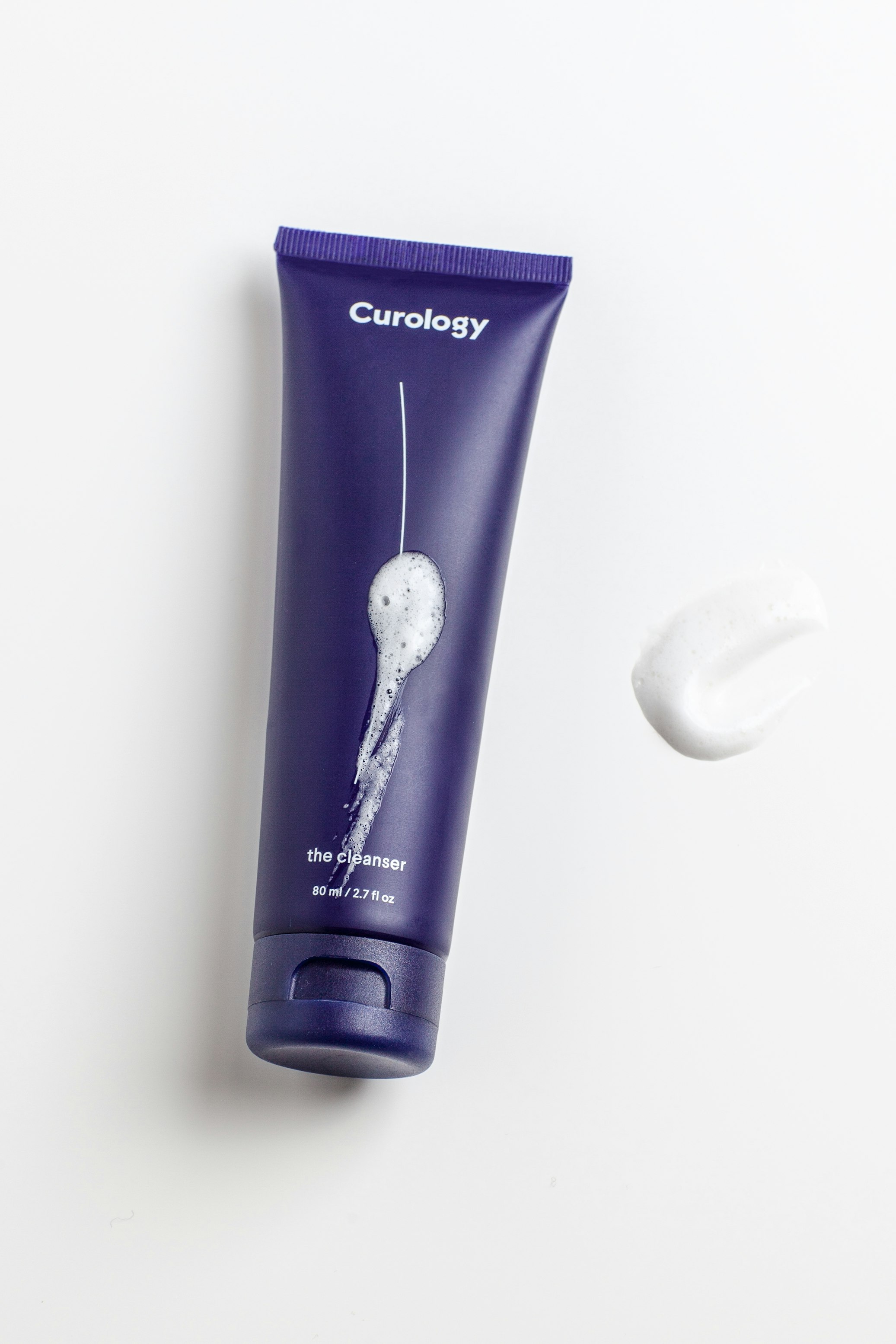Glutathione Whitening Injections in Korea: Facts, Risks & What You Should Know
Glutathione whitening injections, known as "백옥주사" (baek-ok-ju-sa, or "white jade injection") in Korean, have become increasingly popular in Korea and across Asia for their claimed skin-brightening effects. Promoted by celebrities and widely available in Seoul clinics, these injections promise luminous, lighter skin through high-dose antioxidant delivery.
However, the reality is far more complicated than the marketing suggests. This comprehensive guide provides an honest, evidence-based look at glutathione whitening injections in Korea, including what they actually are, what medical research shows, serious side effects you need to know about, and why major health authorities haven't approved them for skin whitening.
This is not a typical treatment guide. If you're considering this procedure, you deserve to know the full story—including the risks that many clinics don't fully disclose.
What is Glutathione?
Glutathione is a naturally occurring antioxidant produced by your liver. It's a tripeptide composed of three amino acids: glutamine, glycine, and cysteine. In the body, glutathione plays crucial roles in:
- Detoxification: Neutralizing harmful free radicals and toxins
- Immune function: Supporting white blood cell activity
- Cellular repair: Protecting cells from oxidative stress
- Liver health: Processing and eliminating toxins
The Skin Whitening Claim
The theory behind glutathione for skin whitening suggests that high doses of glutathione can:
- Inhibit tyrosinase, the enzyme responsible for melanin production
- Convert eumelanin (dark pigment) to pheomelanin (lighter pigment)
- Reduce overall melanin synthesis, leading to lighter skin tone
The critical question: Does this theory hold up in actual medical research? We'll examine the evidence below.
What Medical Authorities Actually Say
Korean FDA (식품의약품안전처, MFDS)
The Korean Ministry of Food and Drug Safety has approved glutathione injections ONLY for:
- Liver function improvement in patients with chronic liver disease or drug/alcohol toxicity (100-200mg daily)
- Prevention of neurological side effects from chemotherapy (600-1,200mg daily)
Skin whitening is NOT an approved indication. The MFDS has not recognized any cosmetic or skin-lightening benefits.
U.S. FDA
The U.S. Food and Drug Administration has NOT approved glutathione injections for skin whitening. In fact, the FDA has issued warnings about potentially dangerous skin whitening products and their side effects.
Philippines FDA
The Philippines FDA has gone further, issuing explicit warnings about the dangers of glutathione injections for skin whitening, citing serious adverse effects.
What Does Medical Research Show?
Let's look at what actual scientific studies have found:
2016 Korean Study: Concerning Results
A 2016 study titled "Intravenous Glutathione for Skin Whitening" examined 50 healthy Korean women aged 25-47 who received 1,200mg of glutathione weekly for 8 weeks.
Results:
- 16% (8 out of 50) experienced serious liver function abnormalities
- 2% (1 out of 50) suffered anaphylactic shock
- No statistically significant difference in skin tone improvement compared to control group receiving saline
This study raises serious safety concerns about the risk-benefit ratio.
Other Research Findings
Multiple literature reviews examining glutathione's effect on skin tone have found:
- Insufficient evidence to support skin whitening claims
- No significant difference between glutathione groups and placebo groups in controlled studies
- Lack of long-term safety data for high-dose cosmetic use
The Evidence Gap
While some small studies have shown minimal lightening effects, the research is limited by:
- Small sample sizes
- Short study durations
- Lack of standardized dosing protocols
- Insufficient safety monitoring
- Publication bias (negative results often unreported)
Serious Side Effects and Risks
Based on medical literature and regulatory reports, glutathione injections carry significant risks:
Common Side Effects
- Nausea and vomiting (digestive system reactions)
- Skin rash and hives (allergic reactions)
- Pallor and blood pressure drops (cardiovascular effects)
- Headaches
- Abdominal cramping
Serious Adverse Events
⚠️ Anaphylaxis: Life-threatening allergic reaction causing difficulty breathing, throat swelling, and shock
⚠️ Liver dysfunction: Ironically, high doses intended to "detoxify" can damage the liver (32% of participants in the 2016 study)
⚠️ Kidney problems: Potential renal toxicity with repeated high doses
⚠️ Thyroid dysfunction: Disruption of thyroid hormone production
⚠️ Stevens-Johnson Syndrome: Rare but severe skin reaction
Long-Term Risks (Under-Studied)
Because glutathione whitening injections aren't approved for cosmetic use, long-term safety data is lacking. Potential concerns include:
- Disruption of natural melanin production
- Increased sun sensitivity and skin cancer risk
- Unknown effects on immune function
- Dependency on continuous treatment
Glutathione Injection Prices in Korea (2025)
Despite the lack of regulatory approval for cosmetic use, glutathione whitening injections remain widely available in Seoul:
Current Pricing
| Treatment Type | Price Range (KRW) | Price Range (USD) |
|---|---|---|
| Single session | ₩10,000-₩30,000 | $8-$23 |
| Average per session | ₩19,042 | ~$15 |
| 10-session package | ₩140,000-₩200,000 | $108-$154 |
Prices as of November 2025. Exchange rate: ₩1,300 = $1 USD.
Why So Cheap?
The extremely low pricing (compared to other treatments) should raise questions:
- Manufacturing costs for glutathione are relatively low
- High competition among clinics
- Questionable quality control in some cases
- Used as a "gateway" treatment to sell other services
Hidden Costs
The initial low price doesn't account for:
- Repeated treatments required (typically 10-20+ sessions)
- Ongoing maintenance injections
- Potential medical costs from adverse reactions
- Treatment of any resulting health complications
The Treatment Protocol (What Clinics Typically Offer)
If someone chooses to proceed despite the risks, here's what the typical protocol involves:
Dosing
- Standard dose: 600-1,200mg per session
- Frequency: 1-2 times per week
- Initial course: 10-20 sessions
- Maintenance: Weekly or bi-weekly ongoing
Administration
- Medical history review (often superficial)
- Intravenous injection over 15-30 minutes
- Brief post-injection monitoring (usually inadequate)
- Sent home with minimal follow-up
Claimed Timeline for Results
Clinics typically claim:
- After 3-5 sessions: Subtle brightening
- After 10 sessions: Noticeable lightening
- Ongoing: Continuous maintenance required
Important: Individual results vary widely, and many users report no visible changes despite completing full courses.
Why Glutathione Injections Remain Popular Despite Risks
Despite the lack of approval and documented risks, these injections remain in high demand. Why?
Cultural Factors
- Beauty standards: Fair skin remains highly valued in many Asian cultures
- Celebrity endorsement: Public figures promoting treatments without disclosing risks
- Social media influence: Before/after photos (often edited or attributable to other factors)
Marketing Tactics
Clinics often:
- Emphasize "natural antioxidant" messaging (implying safety)
- Downplay or omit side effect information
- Show cherry-picked success stories
- Use misleading terms like "detox" and "purification"
- Fail to mention lack of regulatory approval
Lack of Awareness
Many patients aren't informed about:
- The difference between approved and off-label use
- The lack of evidence for skin whitening efficacy
- The serious adverse events documented in studies
- Alternative, safer treatments for skin concerns
Safer Alternatives for Skin Brightening
If you're seeking brighter, more even-toned skin, consider evidence-based alternatives with established safety profiles:
Topical Treatments (Most Evidence)
✅ Vitamin C Serums: Proven antioxidant and brightening effects ✅ Niacinamide: Reduces hyperpigmentation, strengthens skin barrier ✅ Retinoids: Increase cell turnover, improve tone and texture ✅ Kojic Acid: Inhibits melanin production safely ✅ Arbutin: Natural tyrosinase inhibitor with good safety profile ✅ Sunscreen (SPF 50+): Prevents further pigmentation—most important step
Proven Clinical Treatments
✅ Laser Toning: Evidence-based pigmentation reduction (60-70% improvement) ✅ Pico Laser: Faster, more effective for stubborn pigmentation (85%+ improvement) ✅ Chemical Peels: Controlled exfoliation for brightness and evenness ✅ Tranexamic Acid (oral or topical): FDA-approved for melasma in some formulations
Lifestyle Factors
✅ Sun protection: Daily SPF prevents 90% of pigmentation issues ✅ Antioxidant-rich diet: Supports skin health from within ✅ Adequate sleep: Allows skin repair and regeneration ✅ Hydration: Maintains healthy, glowing skin
These alternatives offer better safety profiles, regulatory approval, and in many cases, more consistent results.
Critical Questions to Ask Before Considering Treatment
If you're still considering glutathione injections despite the risks, ask your provider these questions:
-
"Is glutathione approved by Korean or international authorities for skin whitening?"
- Correct answer: No
-
"What are the serious side effects, including liver damage and anaphylaxis?"
- They should disclose all documented risks
-
"What peer-reviewed studies support efficacy for skin whitening?"
- There are very few, with questionable results
-
"What is your protocol if I experience an adverse reaction?"
- They should have clear emergency procedures
-
"What alternatives have you considered for my specific concerns?"
- Responsible providers discuss safer options first
-
"What is the source and quality certification of your glutathione?"
- Ensure pharmaceutical-grade, properly stored product
-
"Will you perform baseline and follow-up liver function tests?"
- Essential for monitoring potential toxicity
Red flags: If a provider dismisses your questions, pressures you to proceed, or makes unrealistic promises, leave immediately.
The Bigger Picture: Skin Tone and Beauty Standards
It's worth examining why skin whitening treatments are so sought after:
Problematic Beauty Standards
The desire for lighter skin is often rooted in:
- Colorism: Prejudice based on skin tone
- Colonial influences: Historical associations between fairness and status
- Media representation: Overrepresentation of lighter skin in beauty ideals
A Healthier Approach
Rather than risking your health to lighten your skin:
- Celebrate your natural skin tone: All skin tones are beautiful
- Focus on skin health: Radiance comes from healthy, well-cared-for skin
- Address specific concerns: Target hyperpigmentation or unevenness without overall lightening
- Question beauty standards: Recognize that these standards are culturally constructed and changeable
Healthy, well-cared-for skin glows at every shade.
What International Visitors Should Know
Legal but Not Approved
In Korea, glutathione injections exist in a gray area:
- Legal to administer: Doctors can prescribe off-label treatments
- Not approved for cosmetic use: No regulatory endorsement for skin whitening
- Minimal oversight: Less regulation than approved cosmetic procedures
Medical Tourism Risks
International visitors face additional challenges:
- Language barriers: Difficulty understanding risks and consent forms
- Limited recourse: Hard to seek compensation if complications arise
- Follow-up care: Difficult to manage adverse effects after returning home
- Insurance issues: Most policies won't cover off-label cosmetic procedures or their complications
Our Recommendation
We strongly advise international visitors to avoid glutathione whitening injections and instead choose:
- Evidence-based treatments with regulatory approval
- Procedures with established safety records
- Providers who fully disclose risks and alternatives
FAQ
Q: Are glutathione injections safe? A: They carry significant risks, including liver damage (32% in one study) and anaphylaxis. They're not approved for cosmetic use by major health authorities.
Q: Do glutathione injections actually whiten skin? A: Scientific evidence is very limited. Multiple studies have found no statistically significant difference compared to placebo groups.
Q: How many sessions are needed to see results? A: Clinics typically claim 10-20 sessions, but results are inconsistent and not guaranteed. Many users report no visible change.
Q: Can I take oral glutathione supplements instead? A: Oral glutathione has even less evidence for skin whitening effects. The body breaks it down during digestion, limiting absorption. It's safer than injections but unlikely to be effective.
Q: Why are these injections so popular if they're risky? A: Marketing, celebrity endorsement, and cultural beauty standards drive demand. Many users aren't aware of the risks or lack of approval.
Q: Are there any legitimate medical uses for glutathione? A: Yes—glutathione is approved for liver disease support and preventing chemotherapy side effects. These are very different from cosmetic skin whitening.
Q: What should I do if I've already received glutathione injections? A: Monitor for side effects (rash, nausea, fatigue, jaundice). Consider getting liver function tests. Discuss with a doctor. Don't continue treatment.
Conclusion
Glutathione whitening injections occupy a controversial space in Korea's beauty industry. Despite their popularity and accessibility, they lack regulatory approval for cosmetic use, have limited evidence of efficacy, and carry documented serious risks including liver damage and life-threatening allergic reactions.
The bottom line: The risks significantly outweigh the unproven benefits. Major health authorities in Korea, the United States, and the Philippines have not approved glutathione for skin whitening, and medical research has failed to demonstrate consistent, significant benefits while documenting serious adverse effects.
For those seeking brighter, more even skin tone, numerous evidence-based alternatives exist with better safety profiles and more consistent results—from proven topical ingredients to regulated laser treatments.
Your health is worth more than chasing beauty standards that put you at risk. If you're concerned about hyperpigmentation or uneven skin tone, consult a board-certified dermatologist who can recommend safe, effective, evidence-based treatments tailored to your specific needs.
⚠️ IMPORTANT MEDICAL DISCLAIMER:
This article provides educational information about glutathione whitening injections based on medical research and regulatory guidance. This is NOT medical advice, and this article does NOT recommend glutathione injections for skin whitening.
Glutathione injections are NOT approved by the Korean FDA, U.S. FDA, or other major health authorities for cosmetic skin whitening purposes. Medical research has documented serious side effects including liver dysfunction, anaphylactic shock, and other adverse reactions.
Individual results and risks vary significantly. Always consult with a qualified, board-certified dermatologist or physician before considering any medical treatment. Discuss all alternatives, risks, and benefits. Never undergo any medical procedure based solely on information from blogs, social media, or marketing materials.
The prices, clinic information, and treatment protocols described are current as of November 2025 but may change. This article aims to provide balanced, evidence-based information to help readers make informed decisions about their health and skincare.
If you experience adverse reactions from glutathione injections, seek immediate medical attention.
Last Updated: November 11, 2025 Reading Time: 15 minutes





